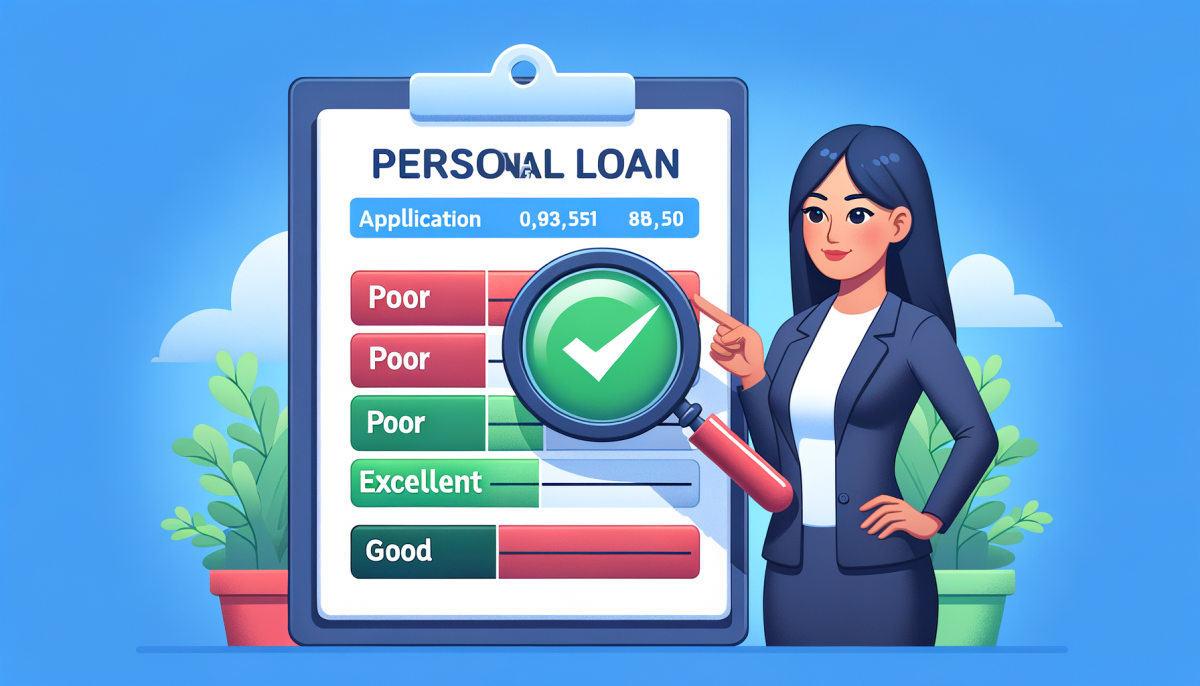When considering a personal loan, it’s important to understand not just the immediate financial implications, but also the long-term effects on one’s credit score. This critical number plays a pivotal role in a consumer’s financial life, influencing the ability to obtain credit and the terms of that credit, including interest rates. Personal loans, like any form of credit, can both positively and negatively impact this score, depending on how they are managed. In this article, we will delve into the relationship between personal loans and credit, and examine how taking out and repaying a personal loan can affect an individual’s credit score.
Understanding Personal Loans and Credit
Personal loans are a form of installment credit, distinct from revolving credit like credit cards, because they are disbursed in a lump sum and repaid over a predetermined period with scheduled payments. They can serve a multitude of purposes, from consolidating high-interest debt to funding major purchases or unexpected expenses. When a lender issues a personal loan, they report the activity to credit bureaus, which then incorporate this information into the borrower’s credit profile.
The credit score, a numerical representation of a borrower’s creditworthiness, is influenced by several factors including payment history, credit utilization, length of credit history, credit mix, and new credit inquiries. Personal loans can affect each of these factors in different ways. For example, if a borrower uses a personal loan to pay off credit card debt, this can lower their credit utilization ratio, which potentially improves their credit score. Conversely, the act of applying for a personal loan results in a hard inquiry on the borrower’s credit report, which can temporarily lower their score.
Understanding the terms of a personal loan, including the interest rate, repayment schedule, and fees, is crucial for borrowers. Not only do these terms determine the cost of borrowing, but they can also influence the borrower’s ability to make timely payments—a key component in maintaining or improving credit scores. Hence, it’s essential for individuals to carefully consider the specifics of a personal loan and how it meshes with their financial situation and credit objectives.
How Personal Loans Affect Your Credit Score
The initial impact of taking out a personal loan is often a small dip in the credit score, primarily due to the hard inquiry required to obtain credit. This minor setback is usually overcome with time and consistent on-time payments. Furthermore, the introduction of a personal loan into one’s credit mix can be beneficial, as credit scoring models generally favor a diverse mix of credit types, implying that the borrower can handle various credit responsibilities.
As payments are made on the personal loan, one of the most significant positive influences on the credit score comes from the payment history. On-time payments contribute positively, while missed or late payments can severely damage the score. The consistent reduction in the loan balance over time also reflects well on the borrower’s credit report, as it shows a responsible pattern of managing and repaying debt.
However, if not managed properly, personal loans can be detrimental to credit scores. High loan balances relative to the original loan amount can be a red flag to potential lenders, as it suggests a high debt burden. Moreover, if a borrower consolidates credit card debt with a personal loan and then begins to accrue additional charges on the credit cards, this can lead to an increased credit utilization ratio, further hurting the credit score. It is, therefore, vital for borrowers to use personal loans responsibly and within the context of a broader financial strategy.
The interplay between personal loans and credit scores is nuanced and multi-faceted. Properly managed, personal loans can be a tool for improving one’s credit score, facilitating access to more favorable credit terms in the future. On the other hand, if payments are missed or loans are misused, the impact can be detrimental. Individuals should approach personal loans with a clear understanding of their terms and a plan for repayment that aligns with their financial health and goals. By doing so, borrowers can leverage personal loans to not only meet their immediate financial needs but also to strengthen their creditworthiness in the eyes of future lenders.
